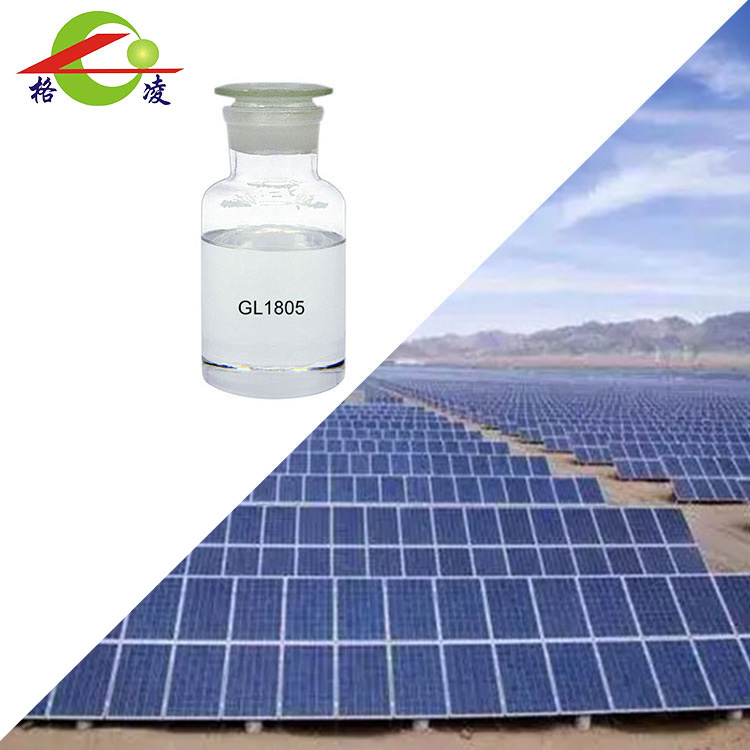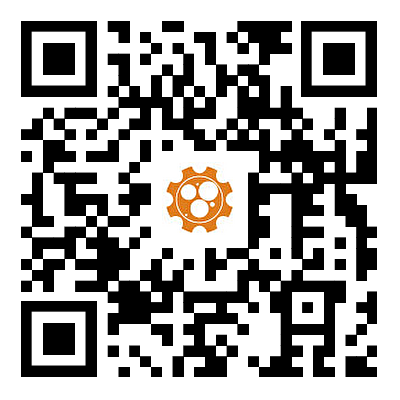Unveiling the Superiority of Polythiol: Applications Where Polythiol Shines
2024-03-27
Polythiol, with its unique chemical structure and versatile properties, has emerged as a standout performer in various applications across multiple industries. While numerous polymers and materials exist, there are specific areas where polythiol outperforms its counterparts, offering distinct advantages and superior performance. In this blog post, we explore some of the specific applications where polythiol shines and stands out as the material of choice.
1. Adhesives and Sealants:
Polythiol-based adhesives and sealants are renowned for their exceptional bonding strength, durability, and chemical resistance. Unlike traditional adhesives, polythiol formulations can adhere to a wide range of substrates, including metals, plastics, glass, and ceramics, with excellent adhesion and cohesion properties. Additionally, polythiol sealants provide superior resistance to moisture, temperature extremes, and harsh chemical environments, making them ideal for sealing joints, seams, and gaps in aerospace, automotive, construction, and industrial applications.
2. Coatings and Protective Films:
Polythiol coatings and protective films offer outstanding corrosion protection, weather resistance, and barrier properties compared to conventional coatings. Polythiol formulations form robust, impermeable films that shield surfaces from moisture, UV radiation, chemicals, and abrasion, ensuring long-lasting protection and durability. Polythiol-based coatings find extensive use in marine coatings, automotive finishes, industrial coatings, and architectural paints, where superior performance and longevity are critical requirements.
3. Electronics and Microelectronics:
In the field of electronics and microelectronics, polythiol-based materials offer unique advantages such as high dielectric strength, thermal stability, and compatibility with semiconductor fabrication processes. Polythiol formulations can serve as dielectric materials, encapsulants, adhesives, and insulating layers in electronic devices, providing reliable electrical insulation, moisture protection, and thermal management. Additionally, polythiol resists offer excellent adhesion to substrates and can withstand harsh operating conditions, making them indispensable in applications such as printed circuit boards, microelectromechanical systems (MEMS), and flexible electronics.
4. Biomedical and Healthcare:
Polythiol-based materials hold great promise in biomedical and healthcare applications due to their biocompatibility, bioresorbability, and tunable properties. Polythiol formulations can be tailored to exhibit specific functionalities such as antimicrobial activity, cell adhesion, and controlled drug release, making them suitable for applications such as tissue engineering scaffolds, drug delivery systems, wound dressings, and medical adhesives. Furthermore, polythiol materials offer advantages in terms of flexibility, mechanical strength, and ease of processing, enabling the development of advanced biomedical devices and implants with enhanced performance and biocompatibility.
Conclusion:
In conclusion, polythiol stands out as a superior performer in various applications where its unique properties and capabilities offer distinct advantages over other polymers or materials. From adhesives and coatings to electronics and biomedical applications, polythiol-based materials deliver exceptional performance, durability, and versatility, making them indispensable in a wide range of industries and technological advancements. As research continues to uncover new insights and innovations in polythiol chemistry, the potential for further expanding its applications and unlocking new opportunities for advancement remains promising.



